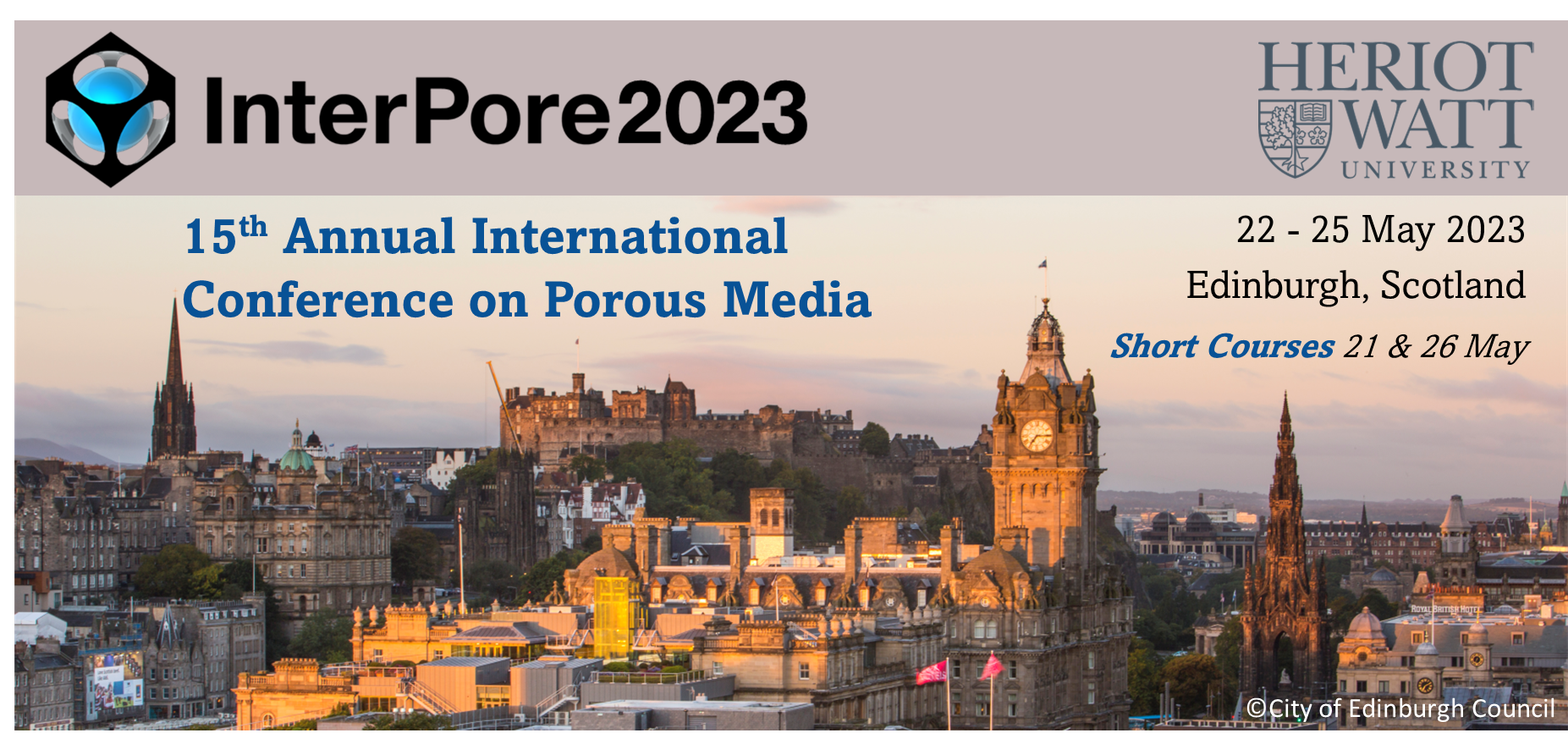Speaker
Description
Large-scale implementation of geological carbon sequestration is considered as a key strategy to limit anthropogenic warming to 1.5 – 2 °C, as set out in the Paris Agreement. We are interested in a viable alternative represented by injecting CO2 into reactive rock formations, e.g. basalts, to facilitate rapid carbon mineralization, and therefore increase storage security. Our particular interest lies in microbially enhanced carbon mineralization: biological catalysts are utilized to alter reaction rates and further enhance carbon mineralization.
In this talk, we propose a mathematical formulation of the coupled flow and biogeochemical reactive transport problem at the pore-scale. The model is based on optimal decoupling of the reactive transport equations into conservative and kinetic components. We then discuss the construction of a suitable discretization scheme, as well as its integration with the geochemistry package PhreeqPy. We conclude by presenting preliminary model validation results for the geochemical problem of basalt dissolution followed by calcite precipitation.
| Participation | In-Person |
|---|---|
| Country | Spain |
| MDPI Energies Student Poster Award | No, do not submit my presenation for the student posters award. |
| Acceptance of the Terms & Conditions | Click here to agree |







